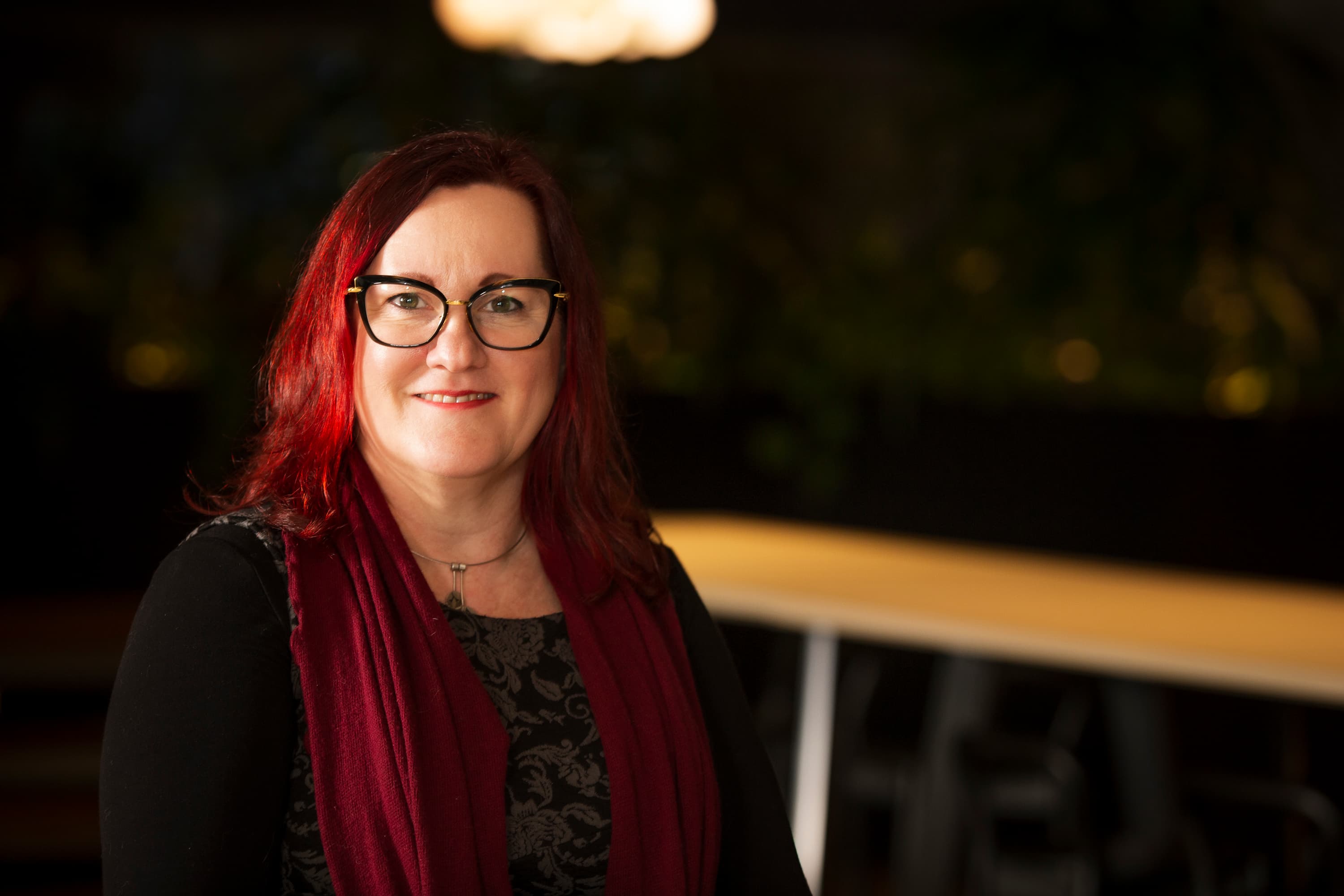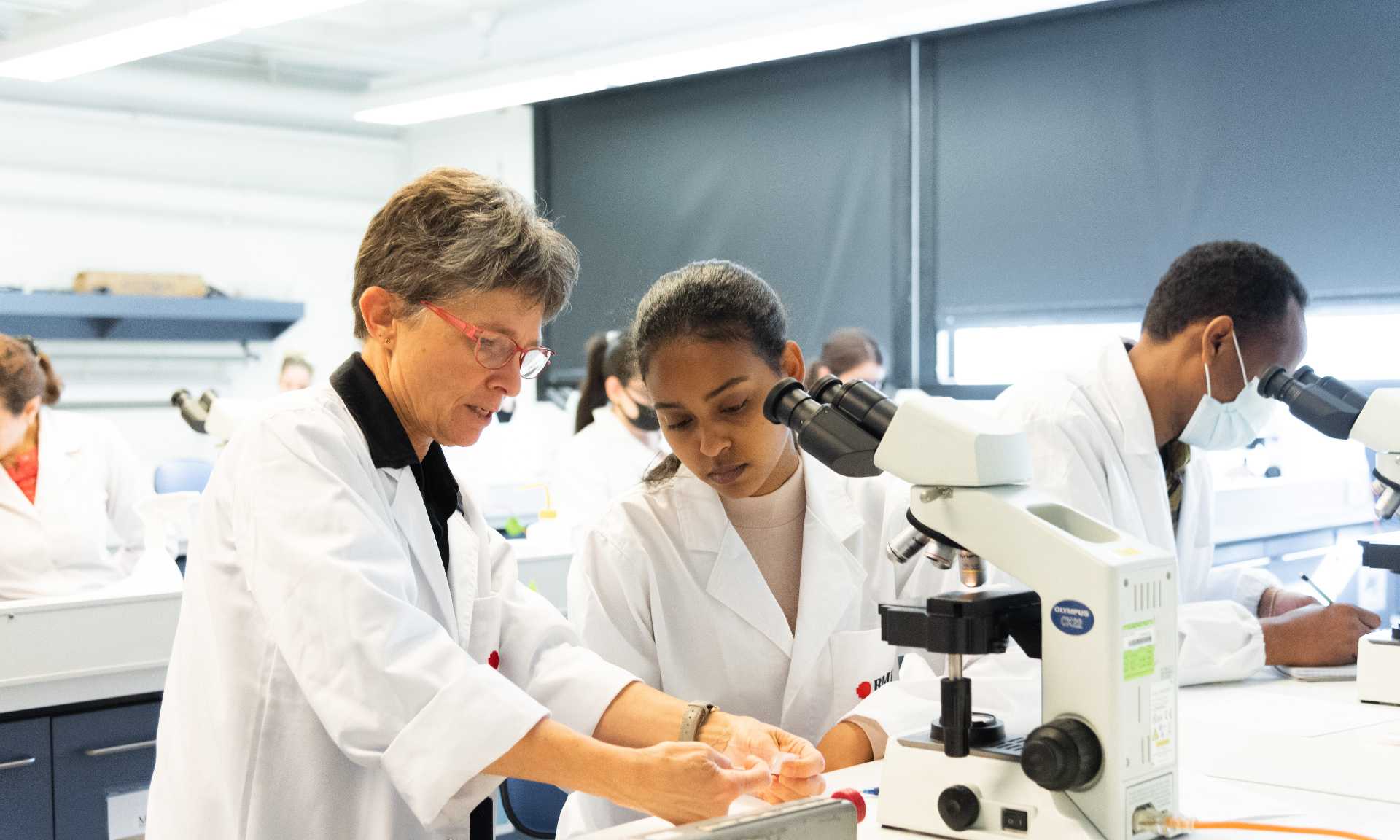RMIT Social Sciences Week
As the principal sponsor of Social Sciences Week, RMIT University is thrilled to host a diverse array of thought-provoking events each year September, spotlighting the essential role of social sciences in addressing today’s pressing issues.
Fanposium: Celebrating Taylor Swift's Cultural Revolution at RMIT University
RMIT University hosted Fanposium, an event celebrating Taylor Swift's cultural impact with presentations, a documentary screening, and expert panel discussions.
Case Study | RMIT's Cafe Lab – a zero waste initiative
Cafe Lab will turn surplus, rescued food into delicious meals for the community, with zero waste.










